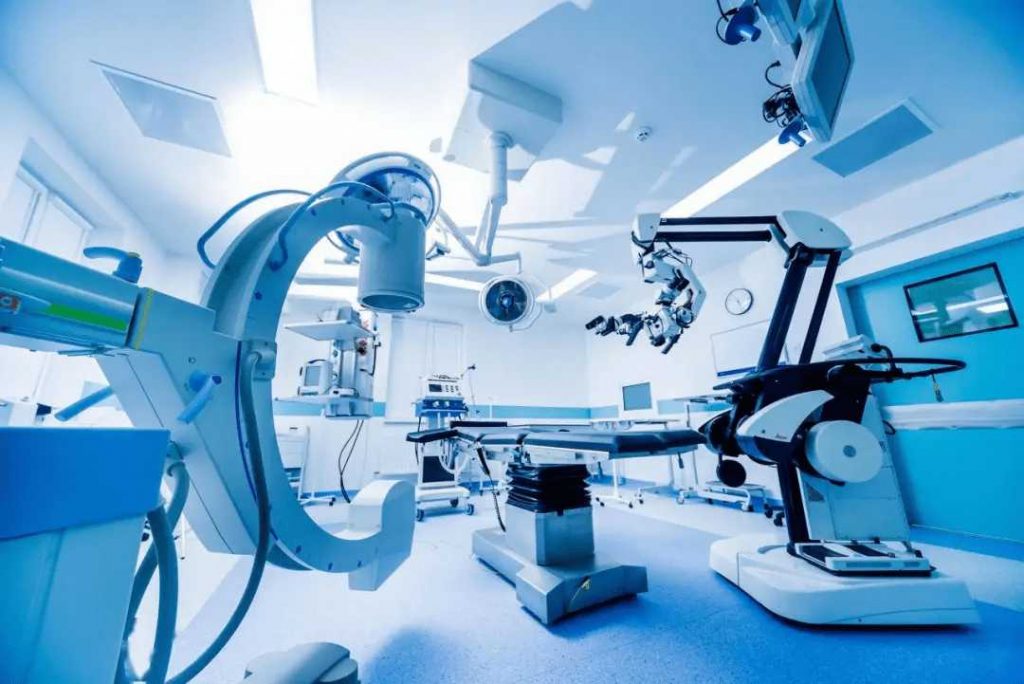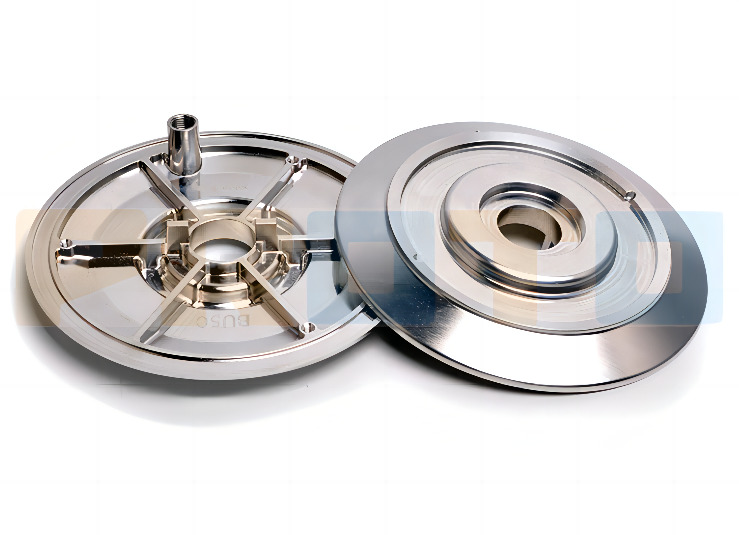In medical manufacturing, every micron counts. The accuracy, reliability and consistency required in this industry are of very high standards. So, when the question arises – why choose CNC milling for medical device production? – The answer lies in its inherent advantages and its critical role in ensuring patient safety and medical efficacy.

1. Precision and Accuracy
One of the most important reasons is the unparalleled precision that CNC milling brings. Medical devices, whether surgical tools or implants, need to adhere to precise dimensions to function effectively.
Micron-level tolerances: Many medical components require tolerances as tight as ±0.005 mm. CNC milling is able to consistently meet these demanding standards and avoid roughness with ease.
Repeatability: For mass-produced medical devices, each product must match its predecessor. CNC milling guarantees this level of repeatability.
Complex geometries: Some medical components, such as implants, have complex designs that cannot be replicated by other manufacturing methods. With CNC milling, even the most complex geometries can be realized.
Medical devices use a variety of materials, from metals to polymers. CNC mills excel at handling these different materials, ensuring the best results every time. Therefore, every medical-grade material can be CNC milled into the desired shape and geometry.
3. Comply with medical standards
Medical devices are regulated by strict international standards due to their critical role. CNC milling ensures that these standards are always met, guaranteeing safety and functionality. For example, the ISO 13485 standard sets out quality management requirements whereby organizations must demonstrate their ability to provide medical devices and related services that consistently meet regulatory requirements. The precision and consistency of CNC milling supports manufacturers in achieving and maintaining these certifications.
4.Cost-effective prototyping
Medical prototyping equipment is essential. CNC milling enables fast and cost-effective prototyping, ensuring any design flaws are eliminated before mass production.
Shorter production cycles: Speed up production without compromising quality.
Scalability: The transition from prototype to volume production is seamless.
Reduce waste: Efficient use of materials results in cost savings and environmental benefits.
Customization: Customized equipment can be produced to meet special medical requirements.
5. Flexibility and adaptability
As medical science evolves, the devices accompanying new treatments and technologies must adapt quickly. The computer-driven approach to CNC milling means changes in equipment design can be implemented quickly, allowing for rapid iteration and adaptability in production.
